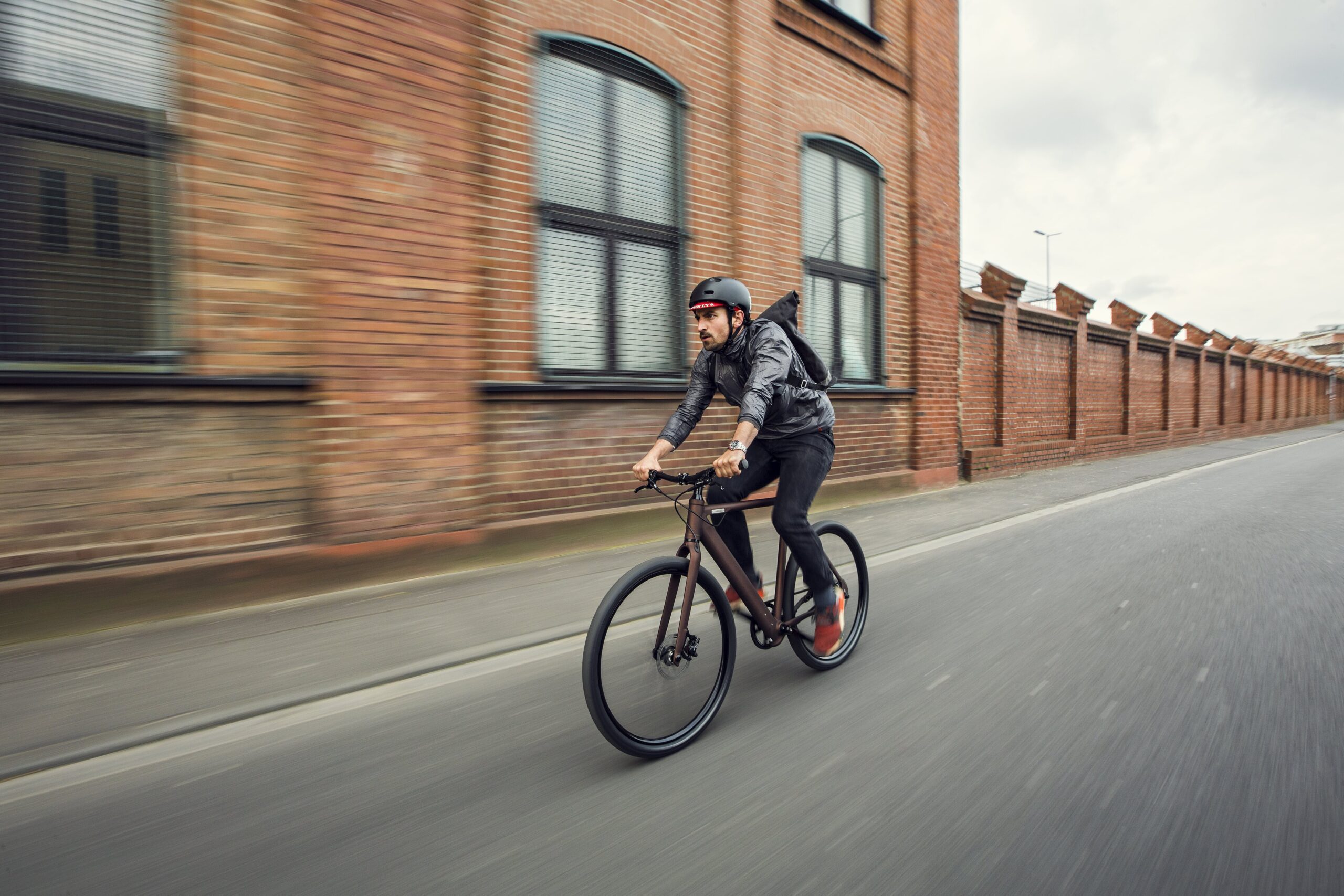When we finally manage to enter the famous and longed-for "Phase 3", we will return to a certainly different world.
.
When we finally manage to enter the famous and longed-for "Phase 3", we will return to a certainly different world.
And so we wonder how much our habits will change, how much relationships between people can change and also how much our way of moving can change.
Because yes, mobility will inevitably also change, the "how" we will finally be able to move from our four walls, which have protected us during this long period of quarantine.
Let's think about public transport, buses, trams, the subway: the enormous amount of people inside them at peak times.
Before the extreme containment phase, in Milan alone around 750,000 people regularly used public transport; now the mere thought would make us shudder.
Public transport companies will have to take this fear into account, they will have to provide limited access inside the vehicles, limited entrances at stops, safety distances inside the cars.
Let's think about the inconvenience that all this will generate, about the biblical times for accessing public transport to go to one's workplace.
Will over 750,000 people really be willing to give up their precious time, wasting it in useless and endless queues?
Many cities around the world are organizing themselves in an alternative way: from distant Bogota which has introduced 100 kilometers of temporary cycle paths to the nearest London where the Bike Sharing service is free for healthcare workers.
The US company Lyft, a transport company, has provided discounts for subscriptions dedicated to bike sharing in the cities of Chicago, Boston and New York.
Mexico City is evaluating the increase in cycle paths to at least four times those already existing and in the Big Apple there has been a considerable increase in people who prefer to travel by bicycle rather than use crowded public transport.
In many cities around the world, the use of bicycles is constantly increasing, especially after the outbreak of this great pandemic and many cycle workshops have remained open because they are considered "essential exercises".
Do we now want to talk about the environmental issue and pollution?
Images from NASA and ESA satellites, the European space agency, have observed a drastic drop in nitrogen dioxide and reductions in particulate matter from car traffic.
Cleaner and healthier air which, from what emerges from various research carried out on the topic, would reduce the risk of falling ill with diseases such as Covid 19.
And in Italy?
We too should reflect on all this, we should understand that there is an alternative to queues, to crowding of public transport, to smog, to pollution, to the risk of getting sick.
There is indeed an alternative: it's called a BICYCLE, as many countries understood before us.
An extraordinary means of getting around, of moving, of living in the open air and which can be used while respecting the right distances from each other.
Doesn't this seem like a valid solution to "post Covid-19" traffic?

